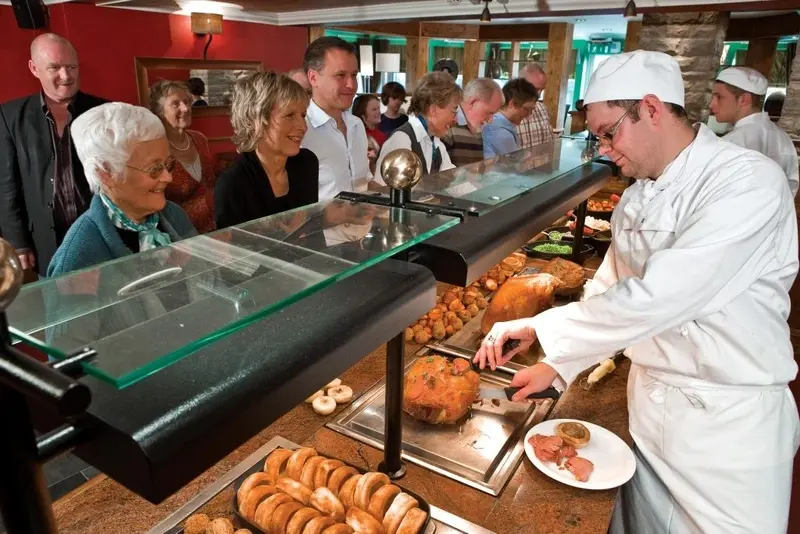
Pub group Mitchell’s & Butlers (MAB), owner of All Bar One and Nicholson’s, revealed on Thursday that its business was hit hard by the national lockdowns with full-year revenues to 26 September falling by 34% to £1.475 billion, leading to a pre-tax loss of £123 million. The shares fell 1% to 221.3p.
MORE PAIN
Sales during the second lockdown have fallen by 50.8% in total, or 26.5% on a like-for-like basis. Despite help from the job retention scheme, the company made 1,300 redundancies post the period end to reflect reduced trading and the closure of sites which could no longer be supported.
Underlining the unprecedented nature of the trading environment, the company referenced a report from the Alix partners CGA Market Recovery Monitor which showed that only 69.9% of total licensed premises had reopened for trading, suggesting that the long term impact of the pandemic on market supply is likely to be significant.
Russ Mould, investment director at AJ Bell commented, ‘A lot of Mitchells & Butlers’ pubs are reliant on being rammed full of people such as All Bar One and O’Neill’s which are tailored to the party crowd, so not exactly social-distancing friendly.
‘The idea of the country operating in tiers until at least Easter therefore poses a major threat to pub and bar trading for many months to come.’
TIGHT BUT ADEQUATE FINANCES
At 25 November the company had access to cash and undrawn facilities of £225 million while current cash burn was running between £35 million and £40 million a month before interest and amortisation costs of £50 million per quarter.
Over the summer the company agreed revised facilities and covenants which are expected to provide adequate financing for the next twelve months, based upon management’s future base case scenario.
The base case assumes that restrictions will be lifted on 2 December, but further regional restrictions will impact ‘festive trading’ and see a 40% shortfall year-on-year. During the second quarter to 31 March 2021, sales are expected to be remain around 25% below prior year trading levels before slowly building back in the second half as restrictions are lifted.
Management has also performed a ‘reverse stress test’ which identifies the ‘level of downside forecast at which the business model becomes unsustainable for either solvency or liquidity reasons.’
The company concludes that ‘a deterioration beyond an average of 4% lower sales than the base case for this same period, and second half sales in line with base case would result in a breach in covenants.’
However, the firm is confident that under such a scenario it would be able to renegotiate the required covenant waivers with lenders.




